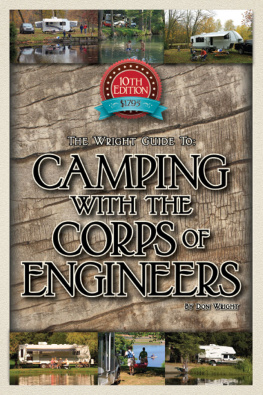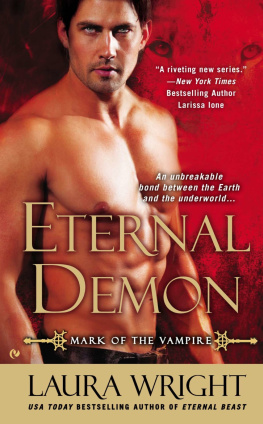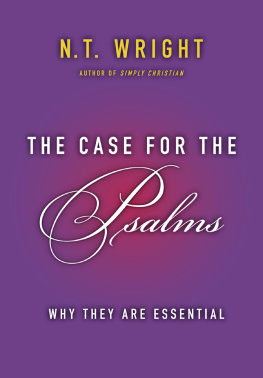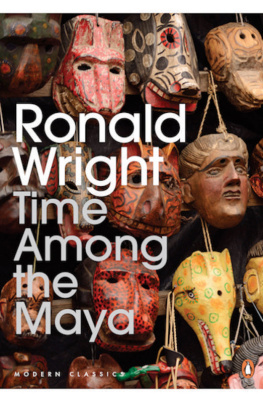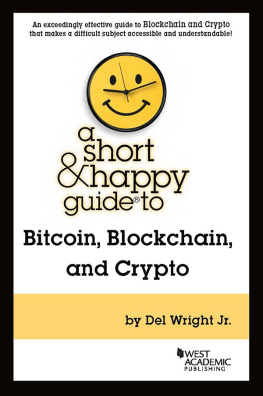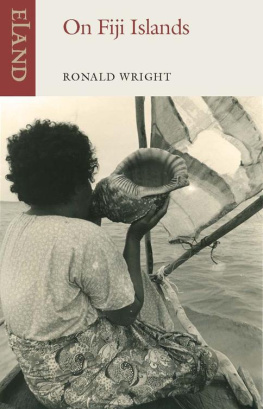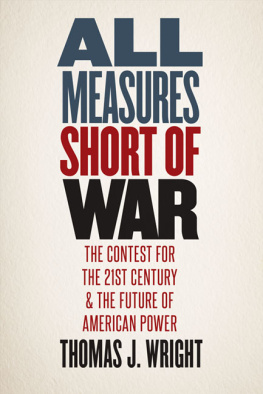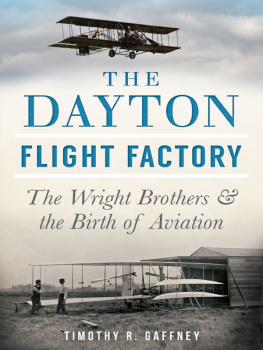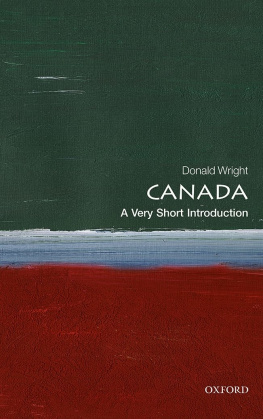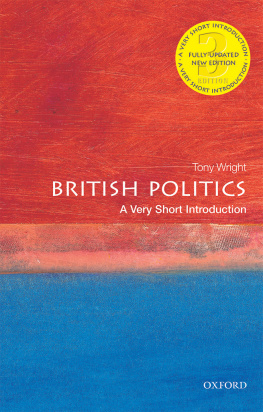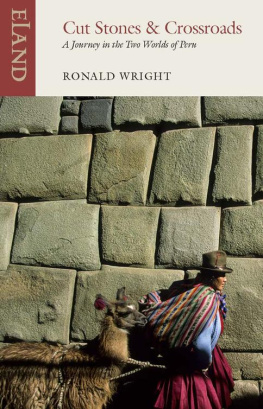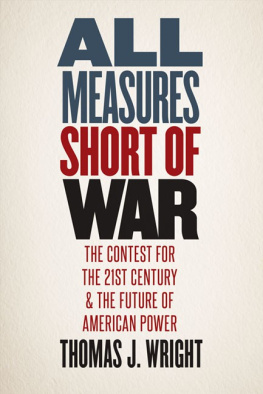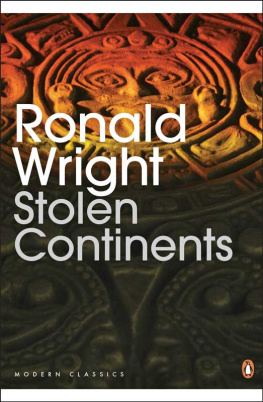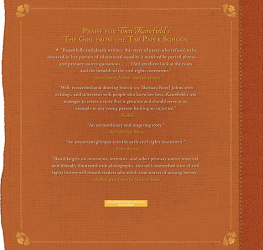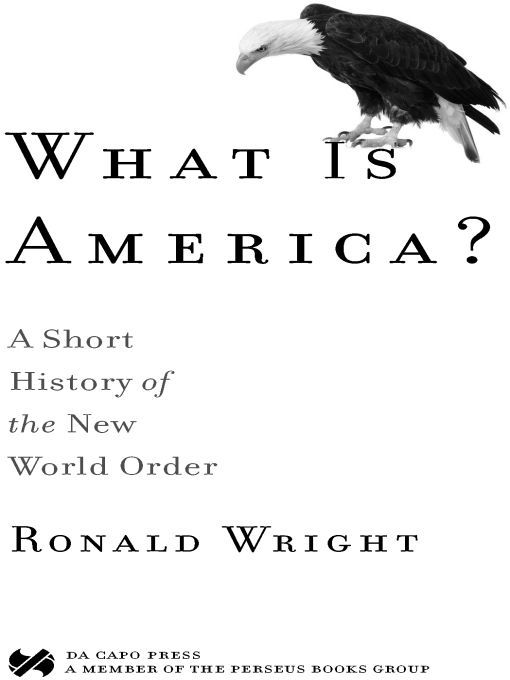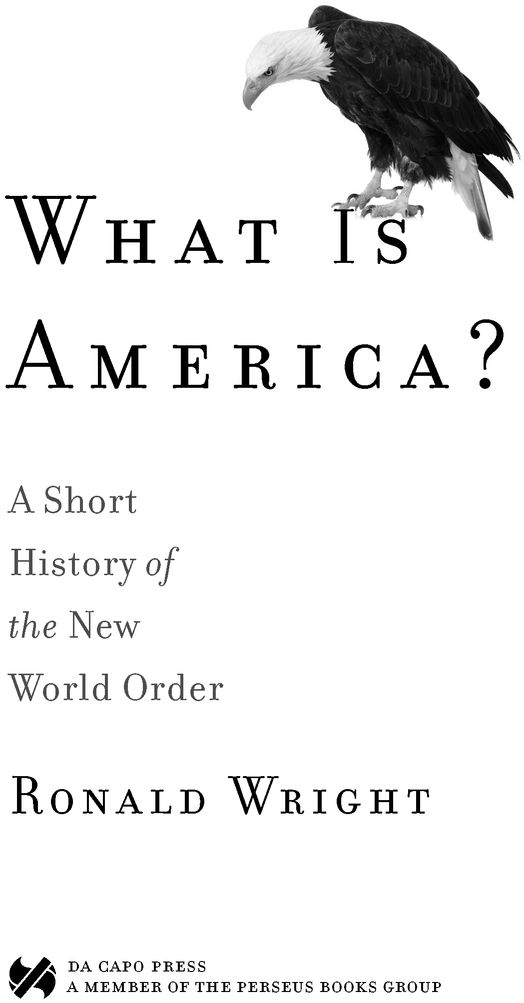Table of Contents
Also by RONALD WRIGHT
Fiction
A Scientific Romance
Hendersons Spear
History
A Short History of Progress
Stolen Continents
Travel
Time Among the Maya
On Fiji Islands
Cut Stones and Crossroads
Essays
Home and Away
For Diane
AUTHORS FOREWORD
What then is the American, this new man?
Hector St. John de Crvecoeur, ca. 1776
Whither goest thou, America, in thy shiny car in the night?
Jack Kerouac, 1957
THE ARGUMENT AT THE HEART of this bookthat the New World made the modern world and now threatens to undo itcame to me from the final chapter of my last one, A Short History of Progress, which outlined the long record of collisions between Nature and human nature. Much of What Is America? seeks to understand the rise of the United States from small colony to world power, but I raise the question within a larger context that has been neglected. Modern Americaand modern civilization in generalare the culmination of a half-millennium we might call the Columbian Age. For Europe and its offshoots, the Americas really were Eldorado, a source of unprecedented wealth and growth. Our political and economic culture, especially its North American variant, has been built on a goldrush mentality of more tomorrow. The American dream of new frontiers and endless plenty has seduced the worldeven Communist China. Yet this seduction has triumphed just as the Columbian Age shows many signs of ending, having exhausted the Earth and aroused appetites it can no longer feed. In short, the future isnt what it used to be.
When Stanley Kubrick made the film 2001: A Space Odyssey forty years ago, it did not seem far-fetched to imagine that by the start of this millennium Americans might have a base on the moon and be flying manned craft to Jupiter. After all, only five decades had passed from the first aeroplane to the first space flight. But by the real 2001 there had been no man on the moon since 1972, elderly space shuttles were falling out of the sky, and the defining event of that yearand perhaps of the new centurywas not a voyage to outer planets but the flying of airliners into skyscrapers by fanatics.
The question What is America? could fill a library and a lifetime. At the beginning of his Eminent Victorians, published in 1918, the eminent modernist Lytton Strachey declared: The history of the Victorian age will never be written: we know too much about it. The wise explorer of the well-papered past, he advised, will attack his subject in unexpected places... he will shoot a sudden, revealing searchlight into obscure recesses, hitherto undivined. I have tried to follow Stracheys advice. If history was already choked with data ninety years ago, how much more so now.
So this is an eccentric book, seeking the centre by its edges. I spend less time on the broad highways to the Founding Fathers, slavery, the Civil Waralready glutted with a thousand booksand more on backroads to Mexico, Peru, the Pequots, the Five Civilized Tribes, the Mormons and the Philippines.
All who delve into American history have to contend with a language of misnomer and condescension: whites are soldiers, Indians are warriors; whites live in towns, Indians in villages; whites have states, Indians have tribes. As the Grand Council Fire of American Indians told the mayor of Chicago in 1927, the school histories call all white victories, battles, and all Indian victories, massacres.... White men who rise to protect their property are called patriotsIndians who do the same are called murderers.
Then there is the term Indian itself, which some indigenous Americans accept and others dislike. The word seems to commemorate Columbuss mistaken idea of where he went. America found Columbus. The unknown continents got in the way of his back route to China, and the admiral died in 1506 still believing he had been to islands off the coast of Asiaor, in his less rational moments, of which there were quite a few, to the shores of the Earthly Paradise (a venue revealed to him by its resemblance to a womans breast).
It is also true that European notions of India and the Indies were so vague that Indian could mean almost anyone who wasnt white, black or Chinese; Polynesians, for example, were also called Indians. Most of the current alternatives are flawed, unclear or difficult to use. Native American is seldom used outside the United States and, confusingly, was also the name of a white political movement of the nineteenth century. Aboriginal has long been associated with Australia. First Nations is little known outside Canada and does not work well as an adjective. However, the word nation has rightly been used for (and by) indigenous peoples since early colonial timesin the senses of both ethnic group and polity.
In English, American Indians should really be called Americansas they often were until the eighteenth century. The wholesale takeover of that word by white settlers is a measure of the demographic catastrophe that gave rise to the United States. In this book, when the context is clear, I have restored the term American to its original meaning before the Revolution of 1776. Thereafter I find it impossible to avoid using Indianespecially as the word is embedded in historical sources, treaties and Acts of Congress. I apologize to readers who find the term objectionable.
Any outsider writing about the United States does so in the shadow of a twenty-five-year-old French aristocrat, Alexis de Tocqueville, the self-styled bird of passage whose Democracy in America has never been bettered as a broad analysis of the American character and promise.
In 1831-32 Tocqueville toured the United States on a commission from the French government to study the young nations prison system, a duty to which he by no means confined himself. He praised the modern idea of reforming as well as of punishing the delinquent but added that he also saw dungeons... which reminded the visitor of the barbarity of the Middle Ages. That this observation might stand today for Guantnamo, Abu Ghraib or a number of stateside penitentiaries is typical of the unfading relevance of Tocquevilles work.
Though a keen observer and inspired extrapolator, Tocqueville was no historian. I mention this now, not to dwell on his flaws but to dispose of them. The Americans, he wrote, have no neighbours, and consequently they have no great wars, or financial crises, or inroads, or conquest to dread; they... have nothing to fear from a scourge which is more formidable to republics than all these evils combined, namely, military glory.... Nothing is more opposed to the well-being and the freedom of man than vast empires.
No neighbours? Tocqueville meant, of course, no white neighbours. By the lights of his time and class, only white men of standing were true actors in world events. Because he did not see the first Americans, or Indians, as protagonists in American history, he failed to grasp that America already was an empirearmed, aggressive, expanding before his eyes and presided over by a militarist, General Andrew Jackson.
Tocquevilles neglect of the past can also be put down to his youth: like the new republic itself, he fixed his gaze on the future.




